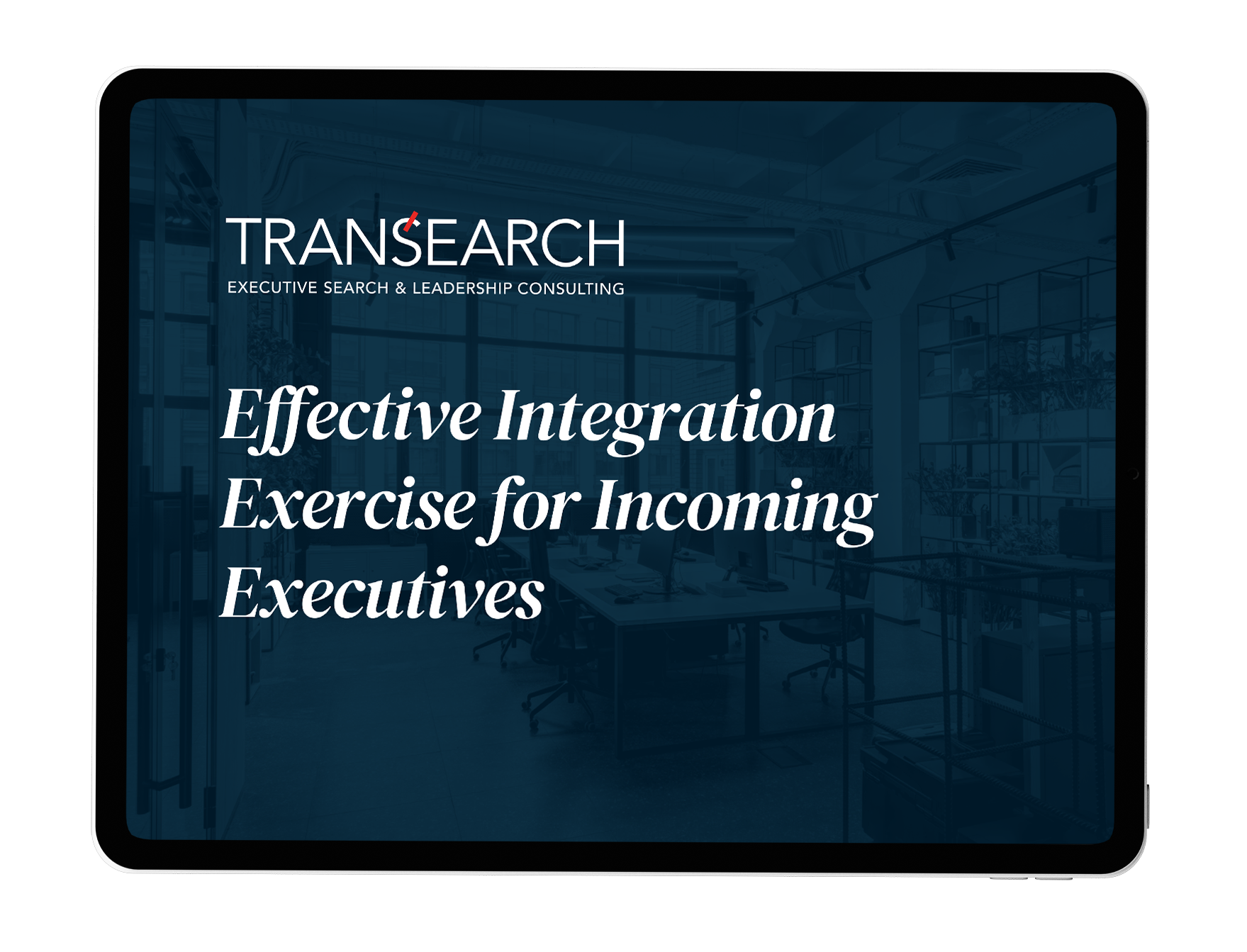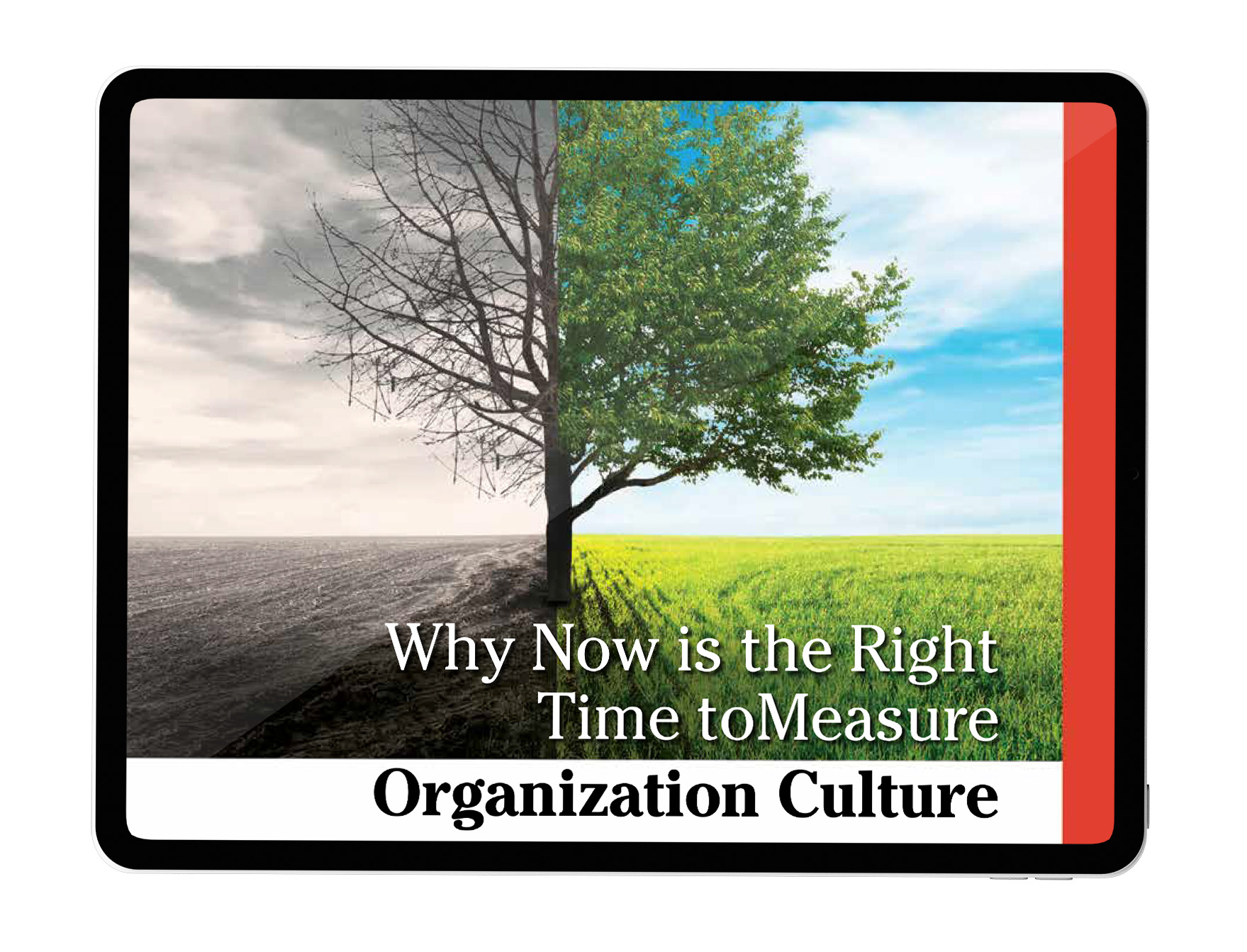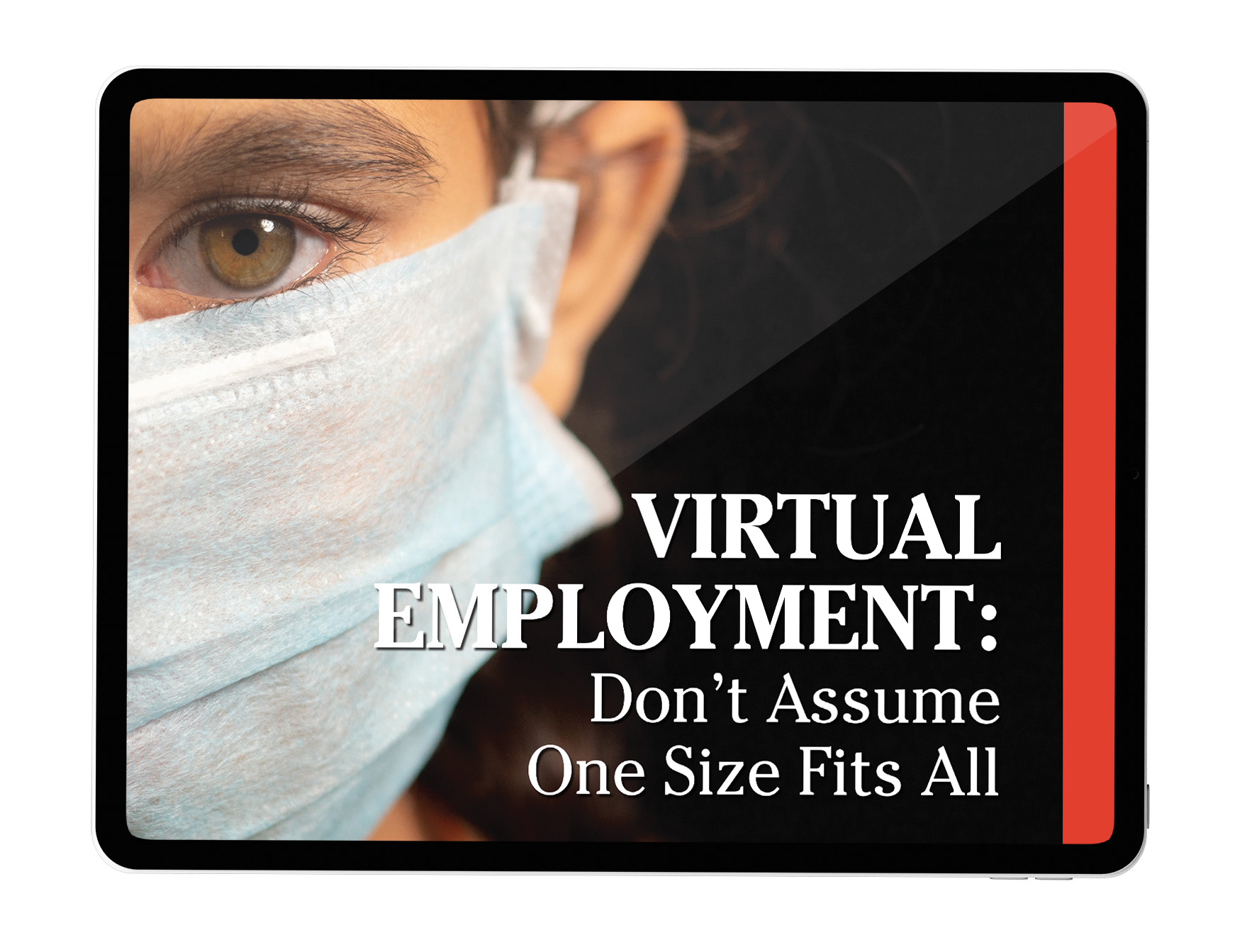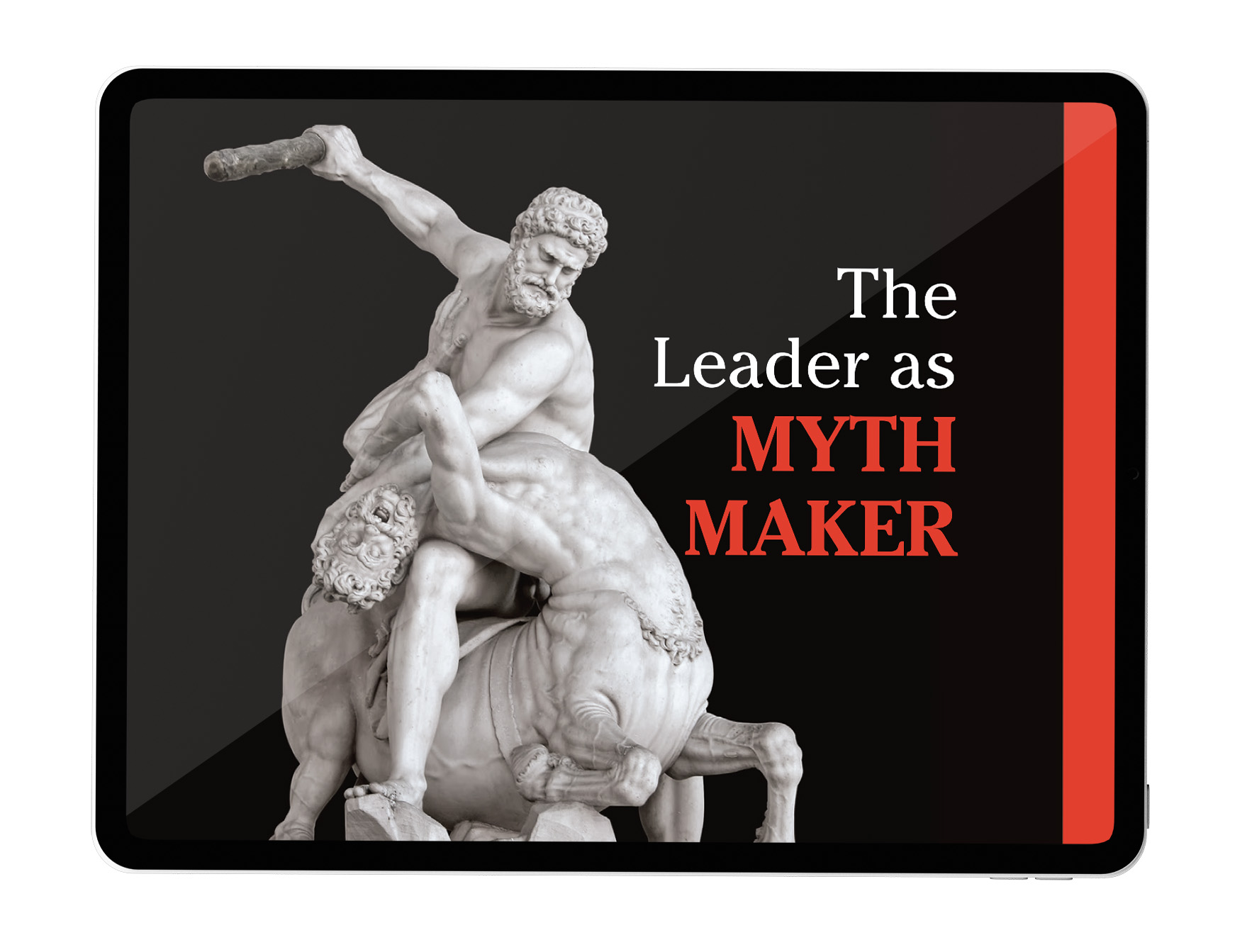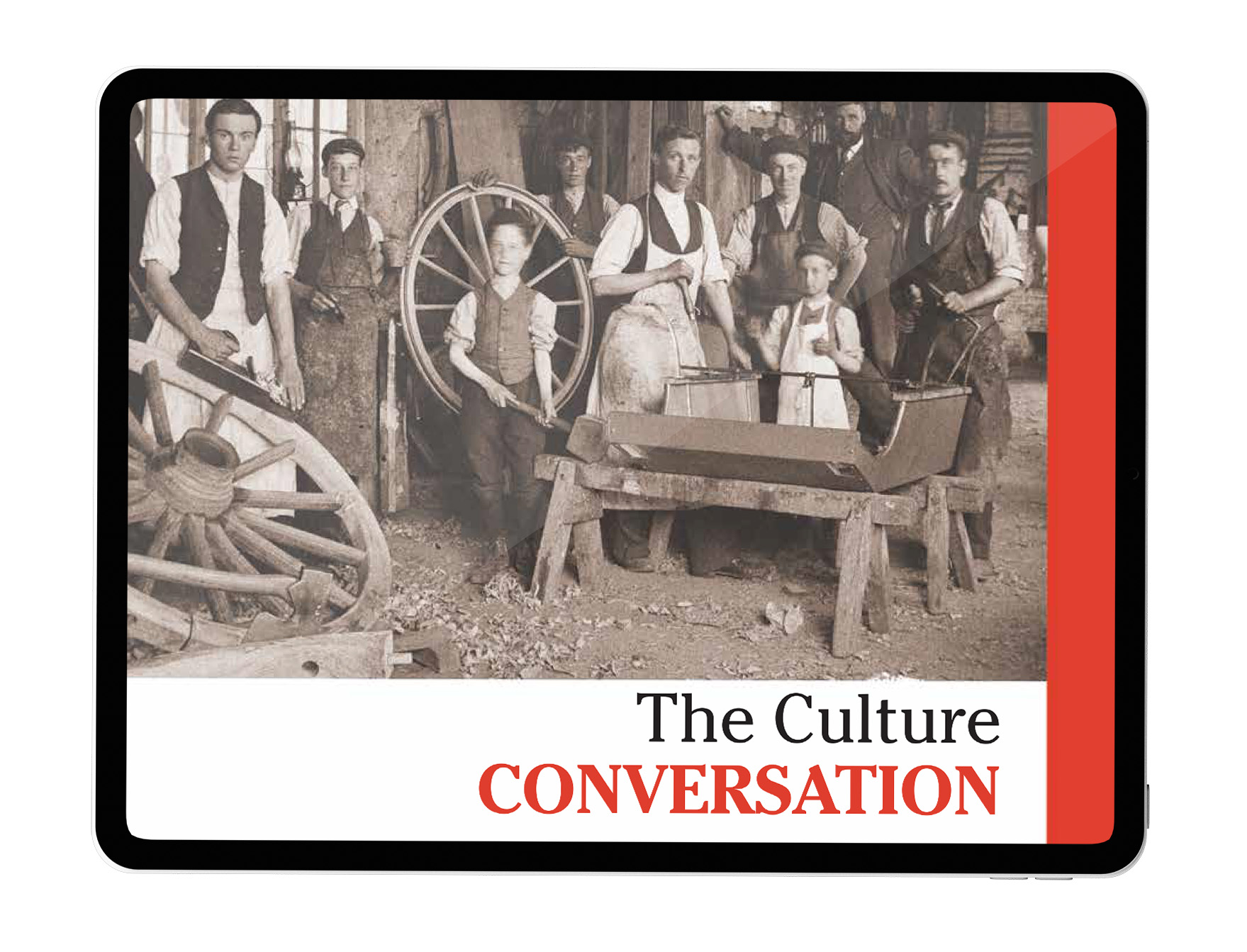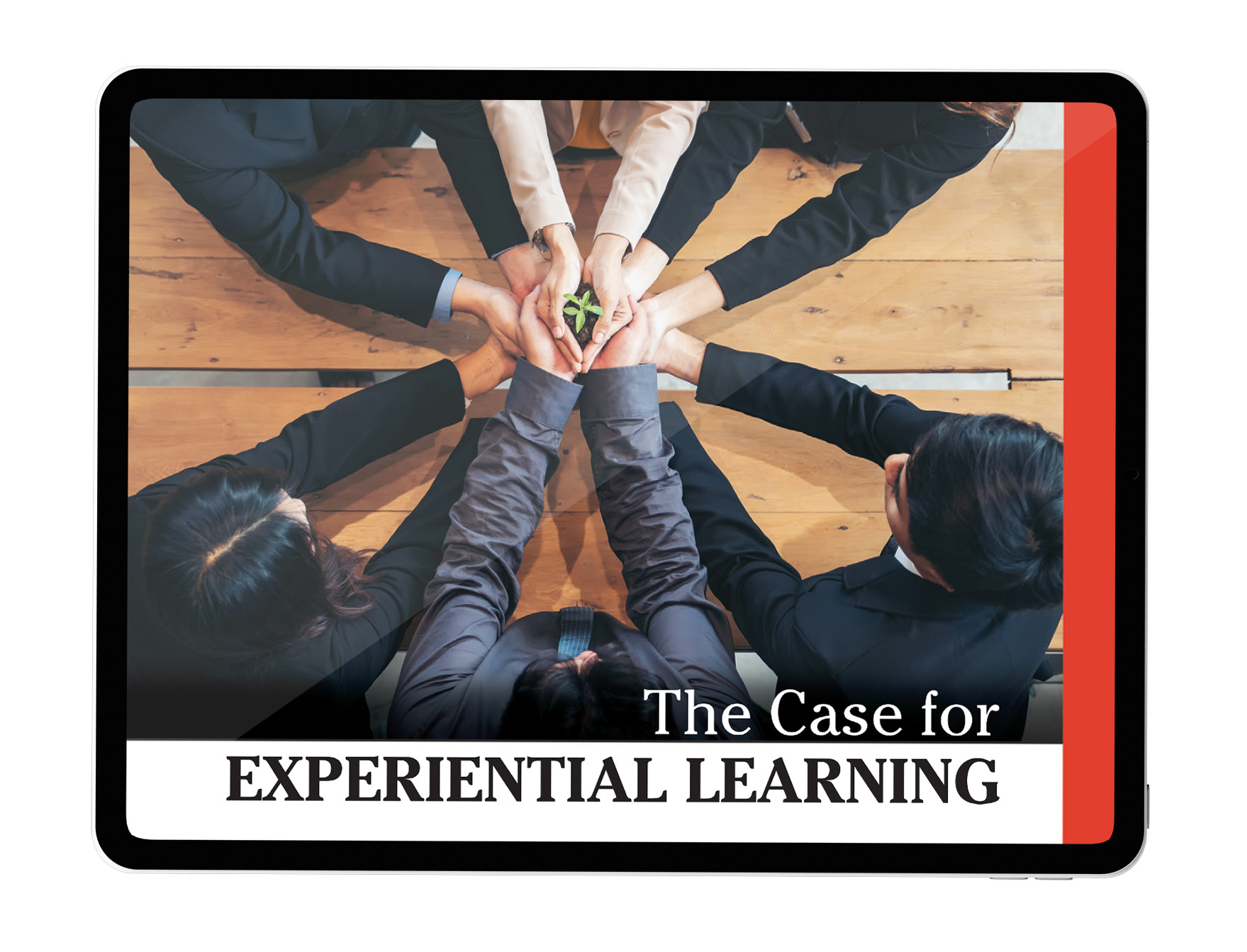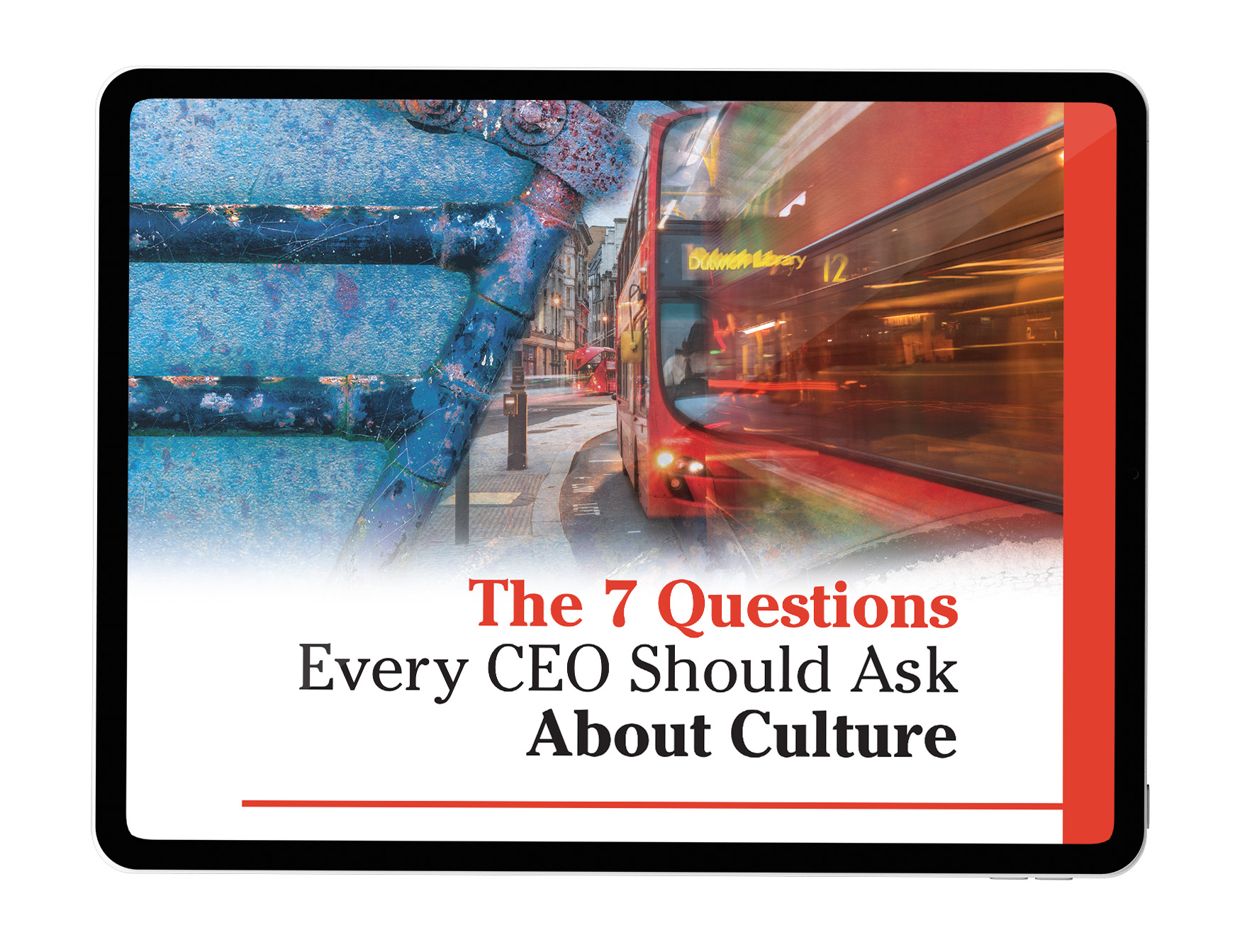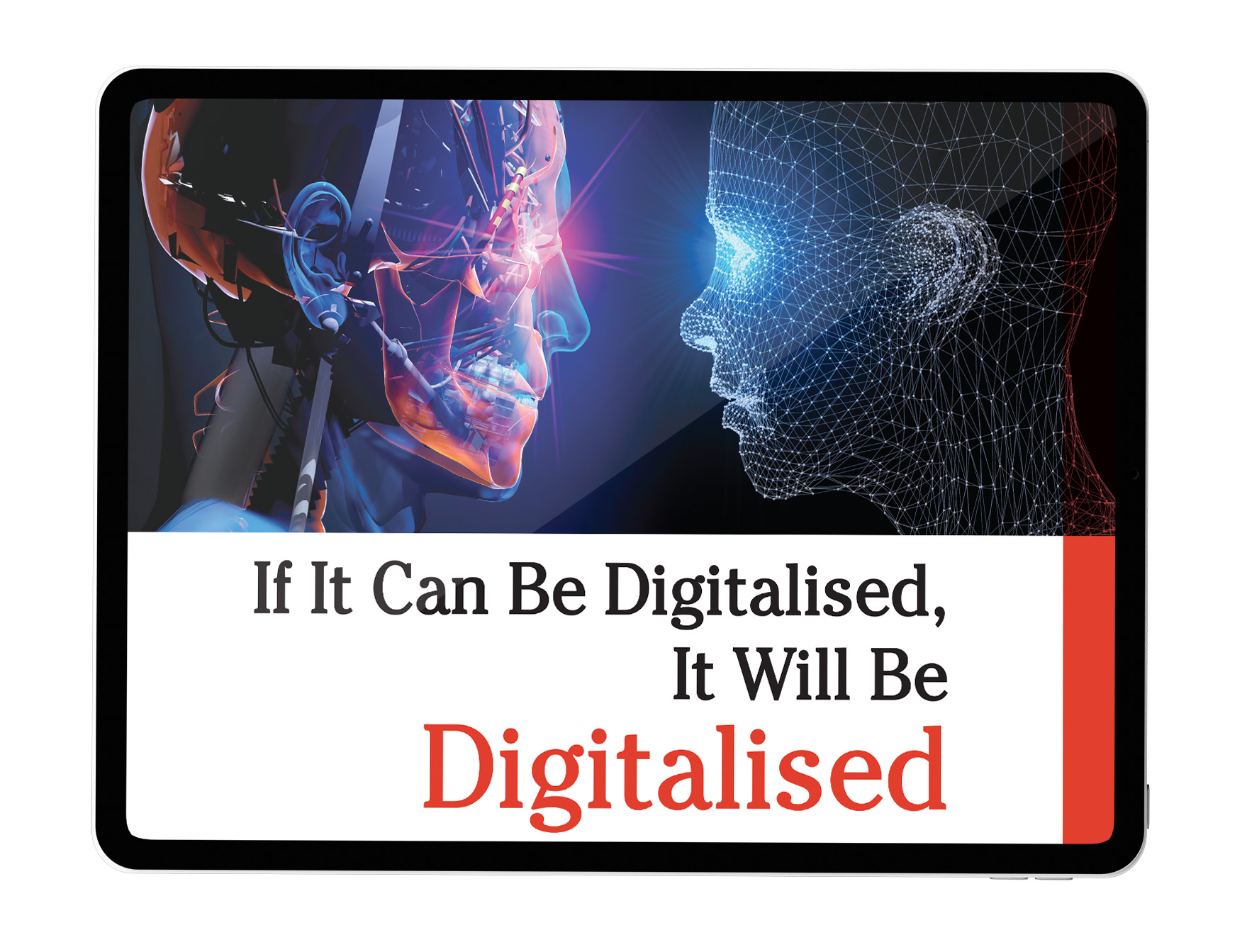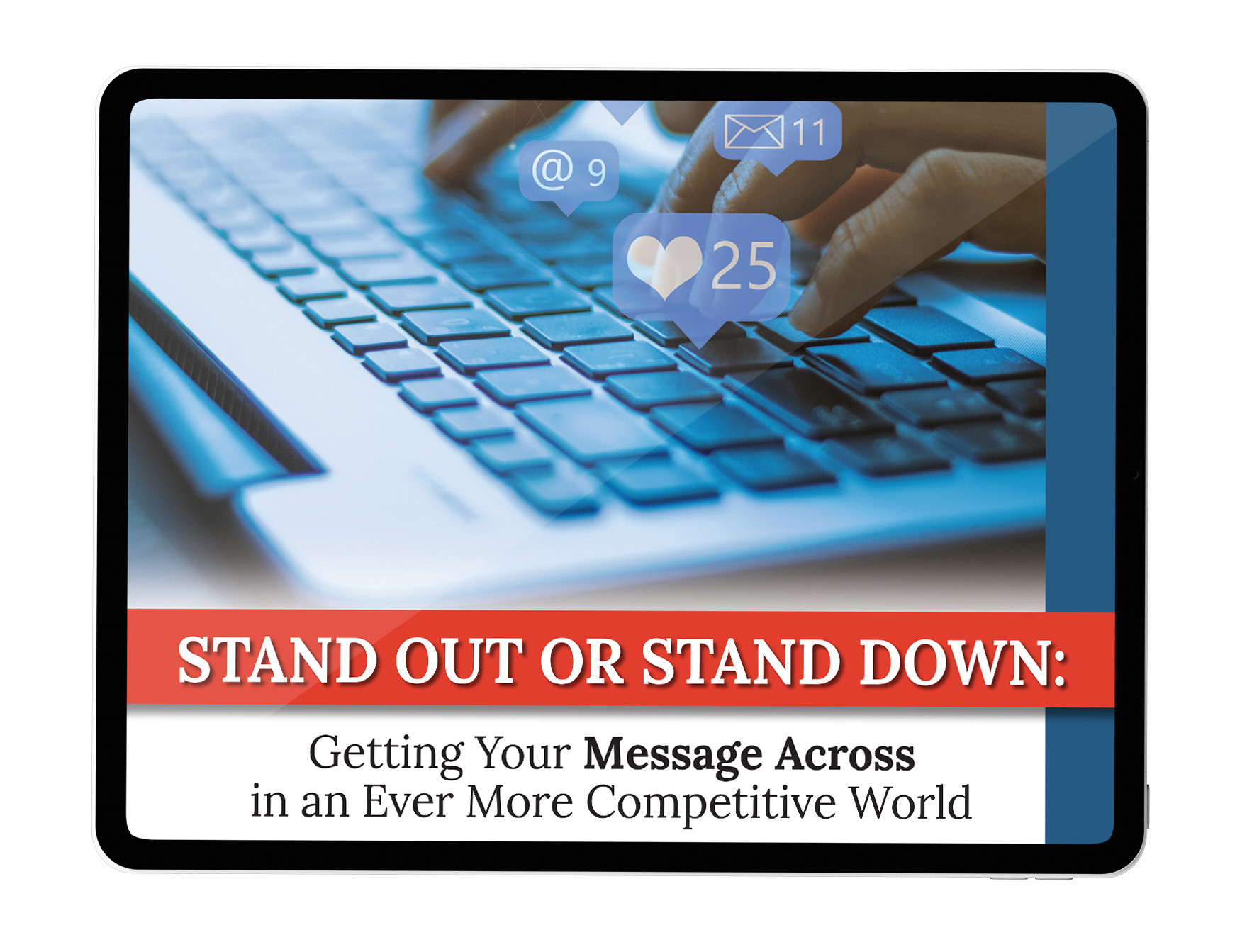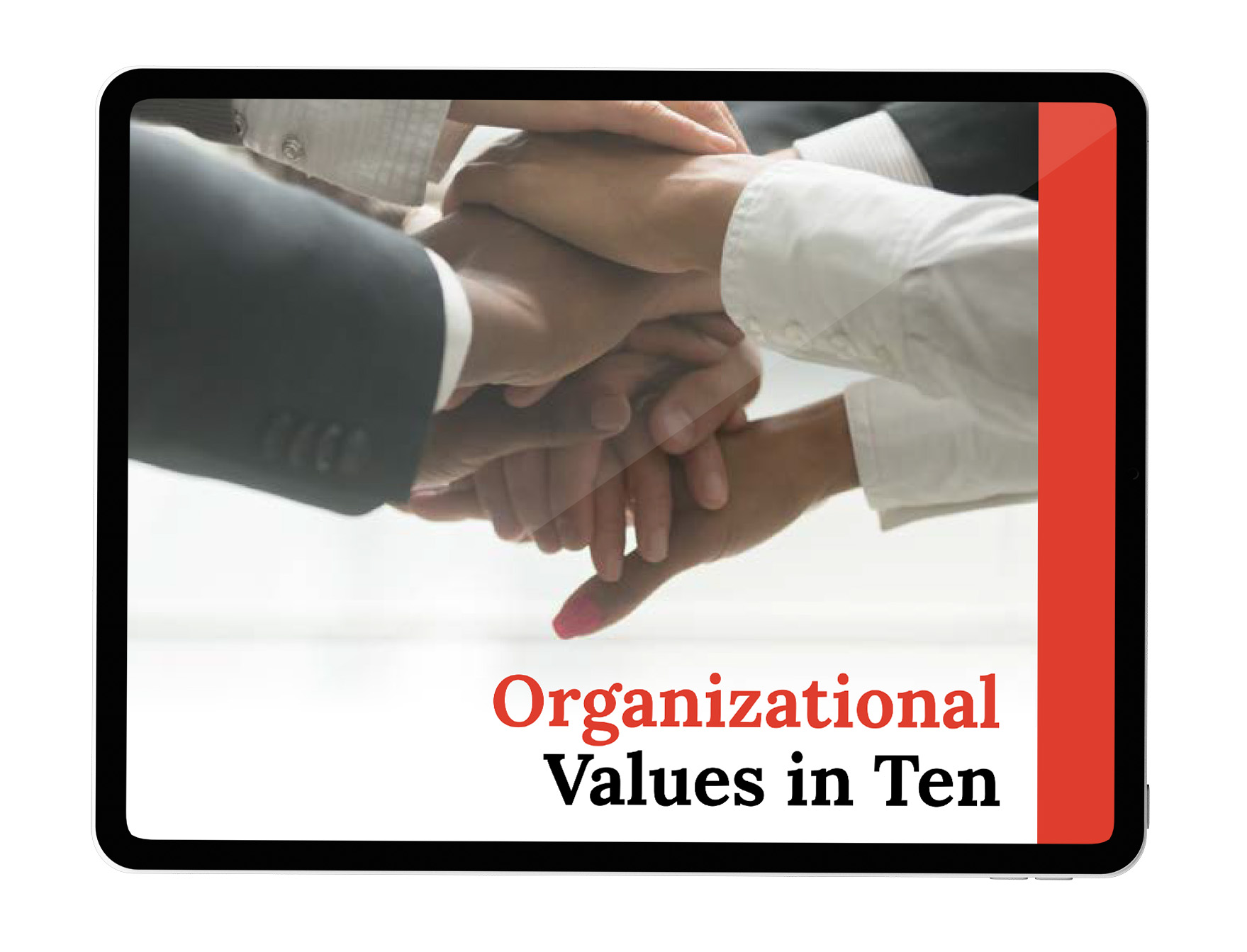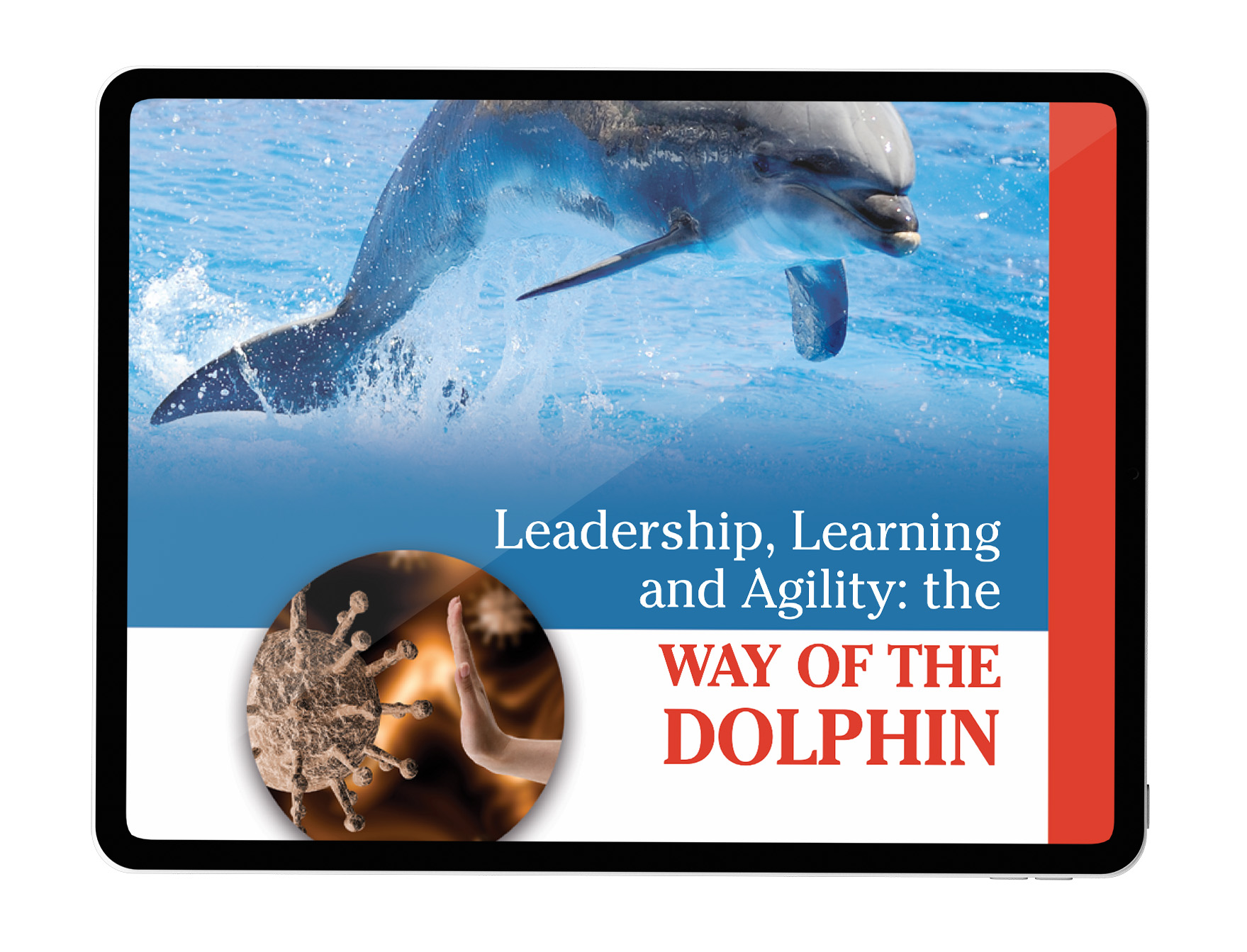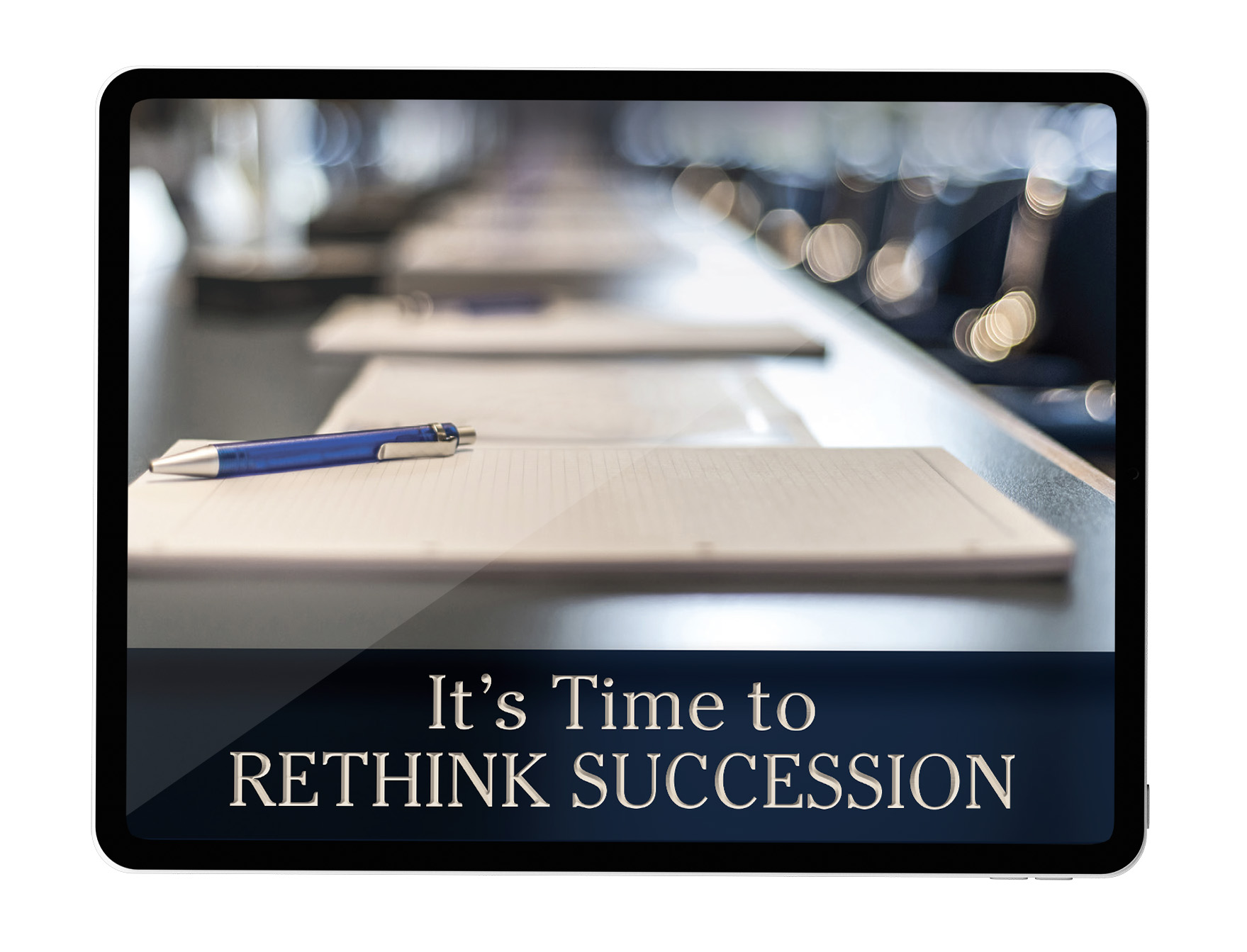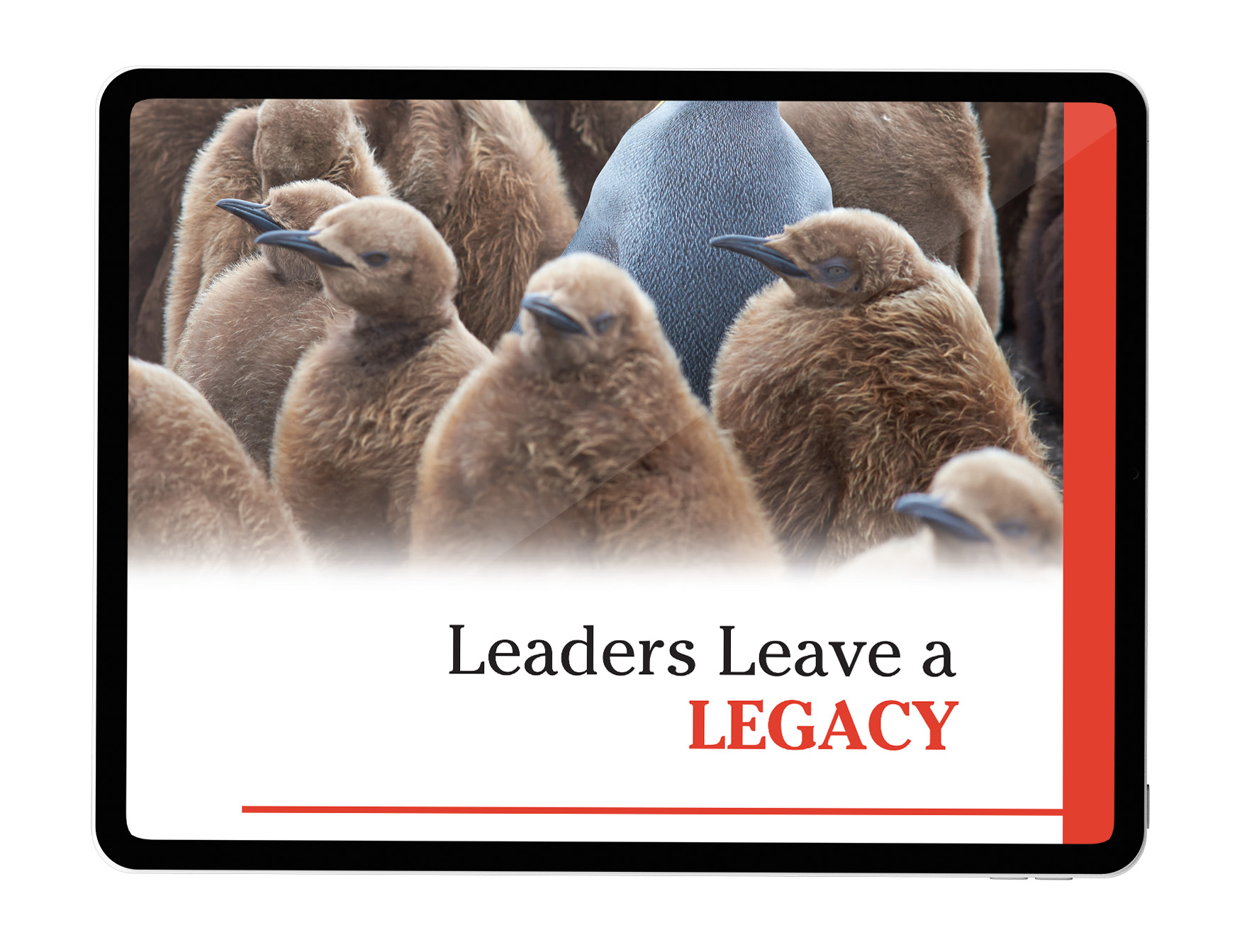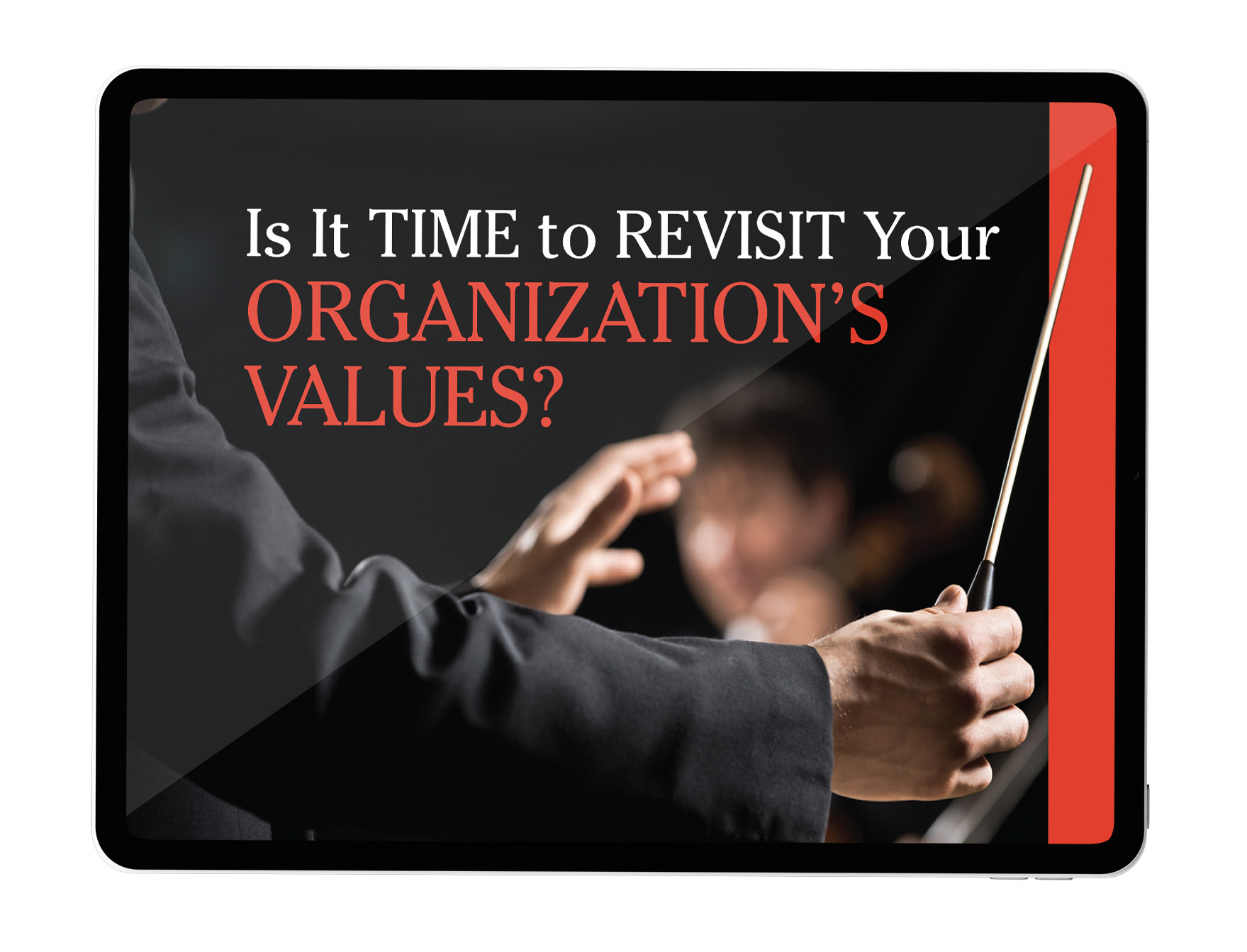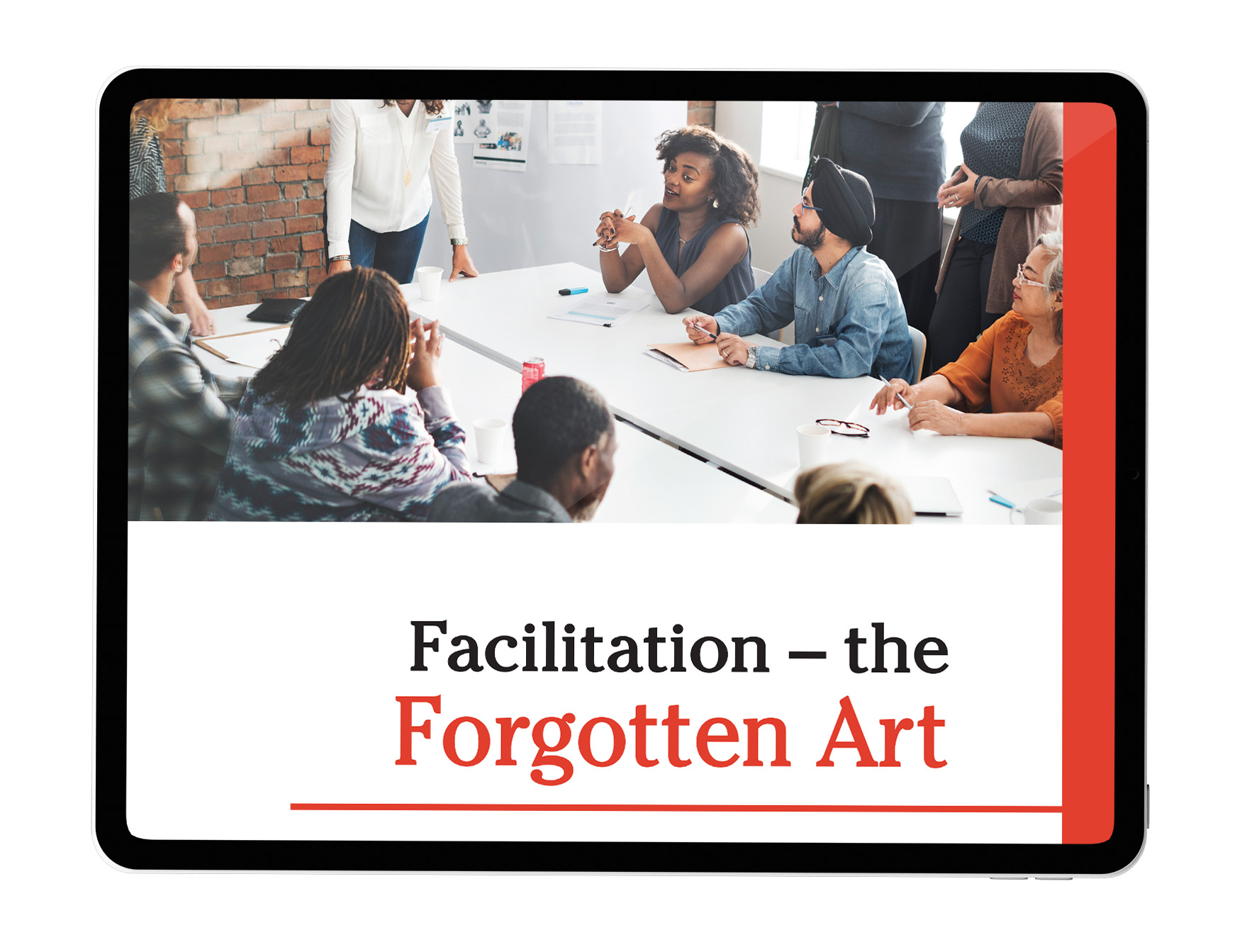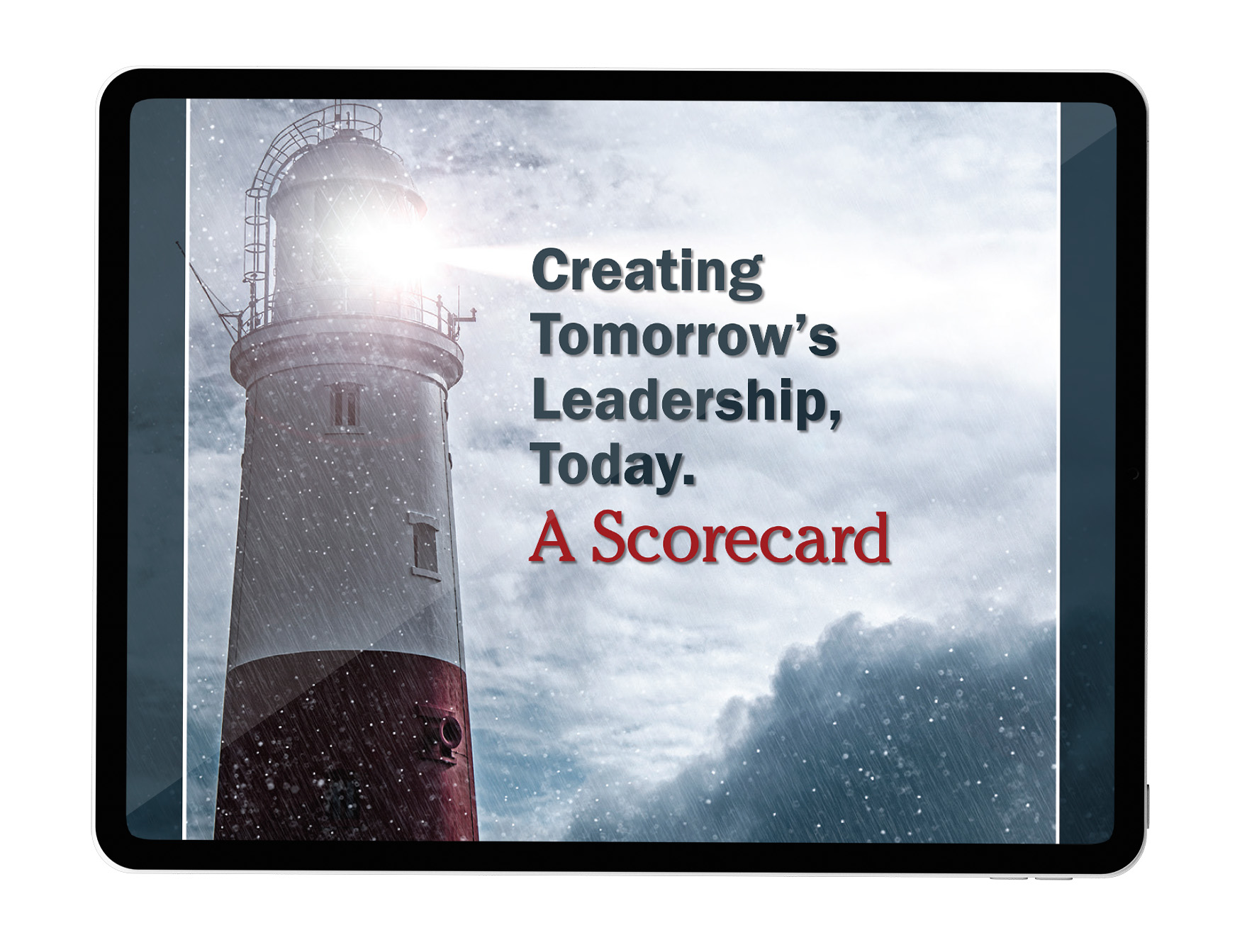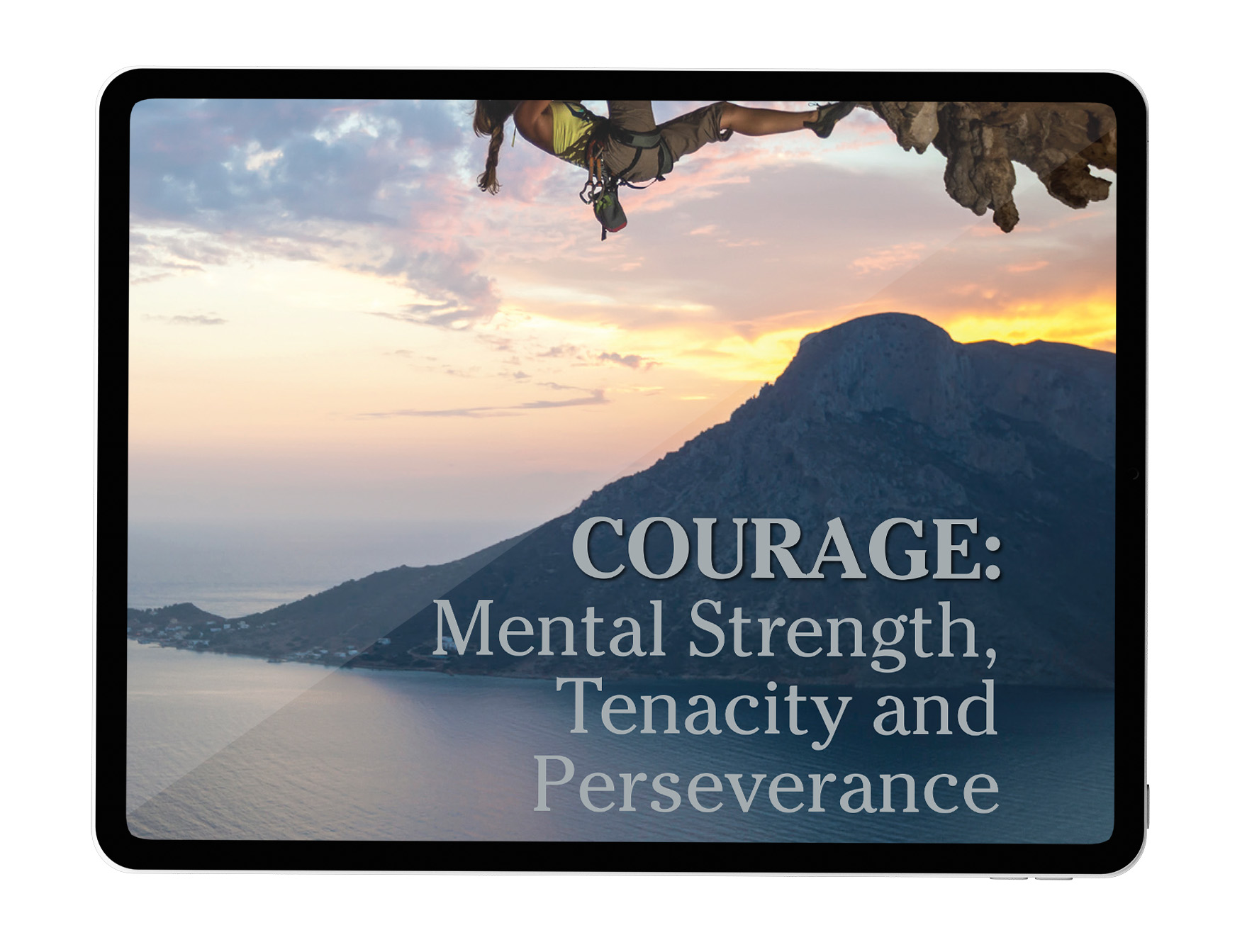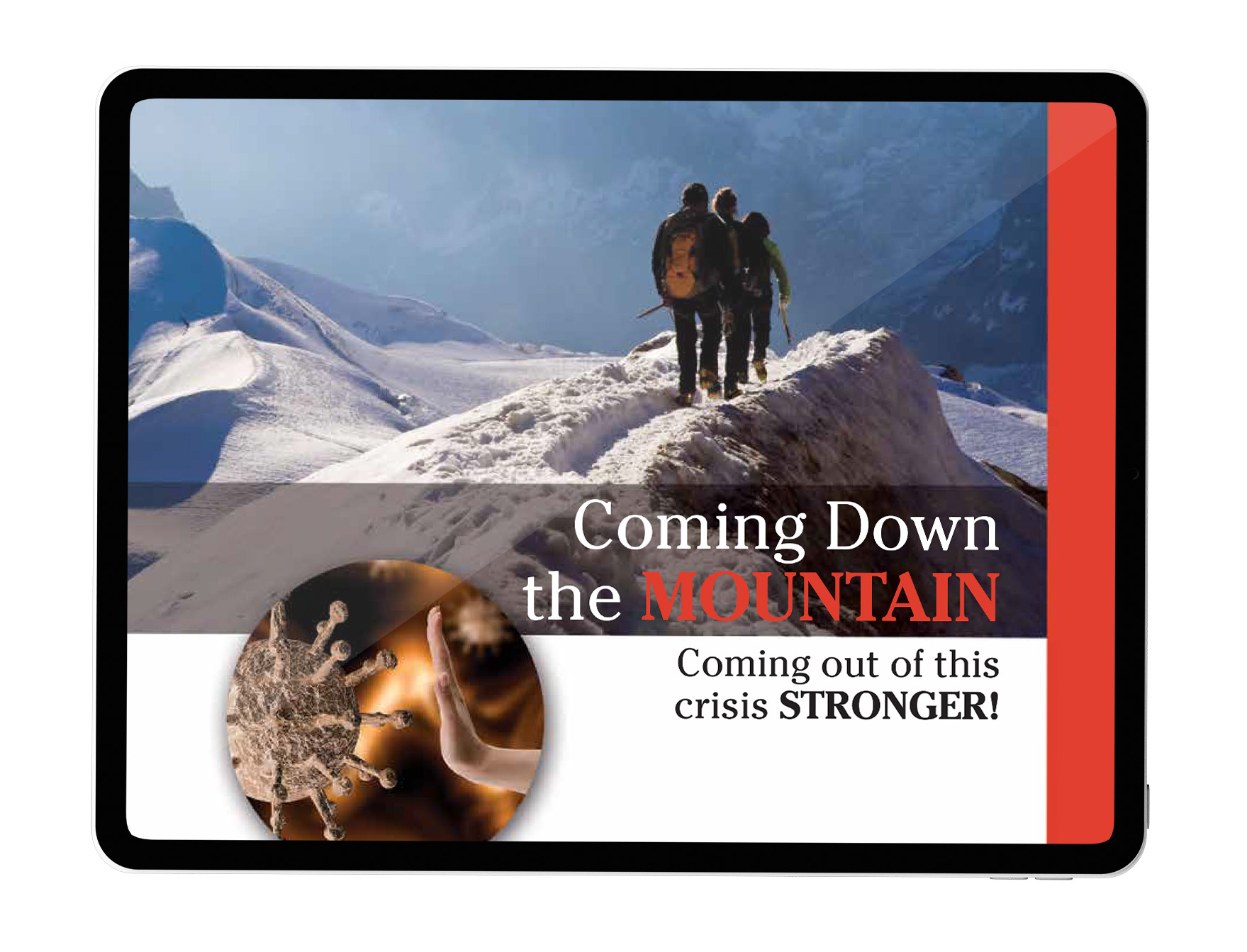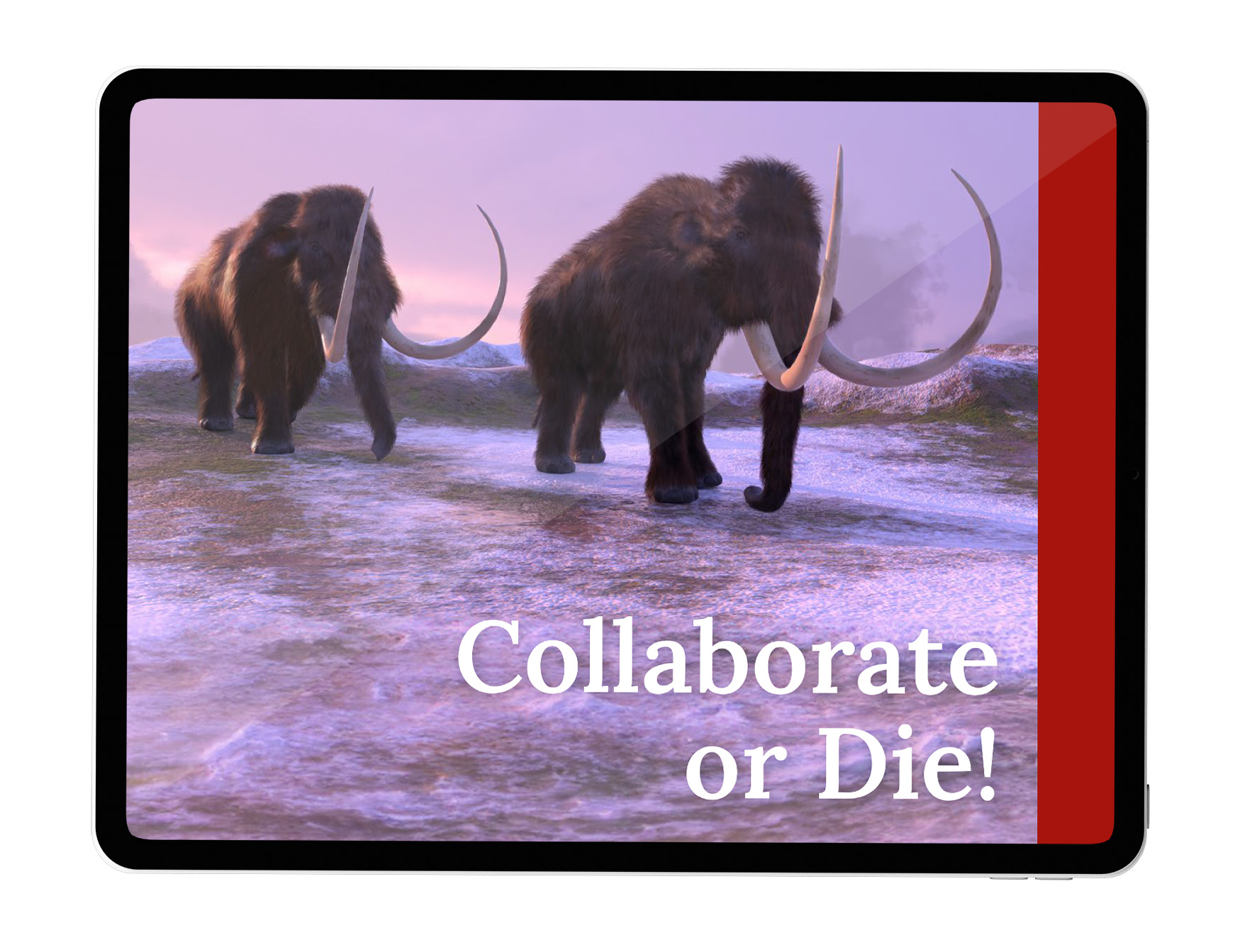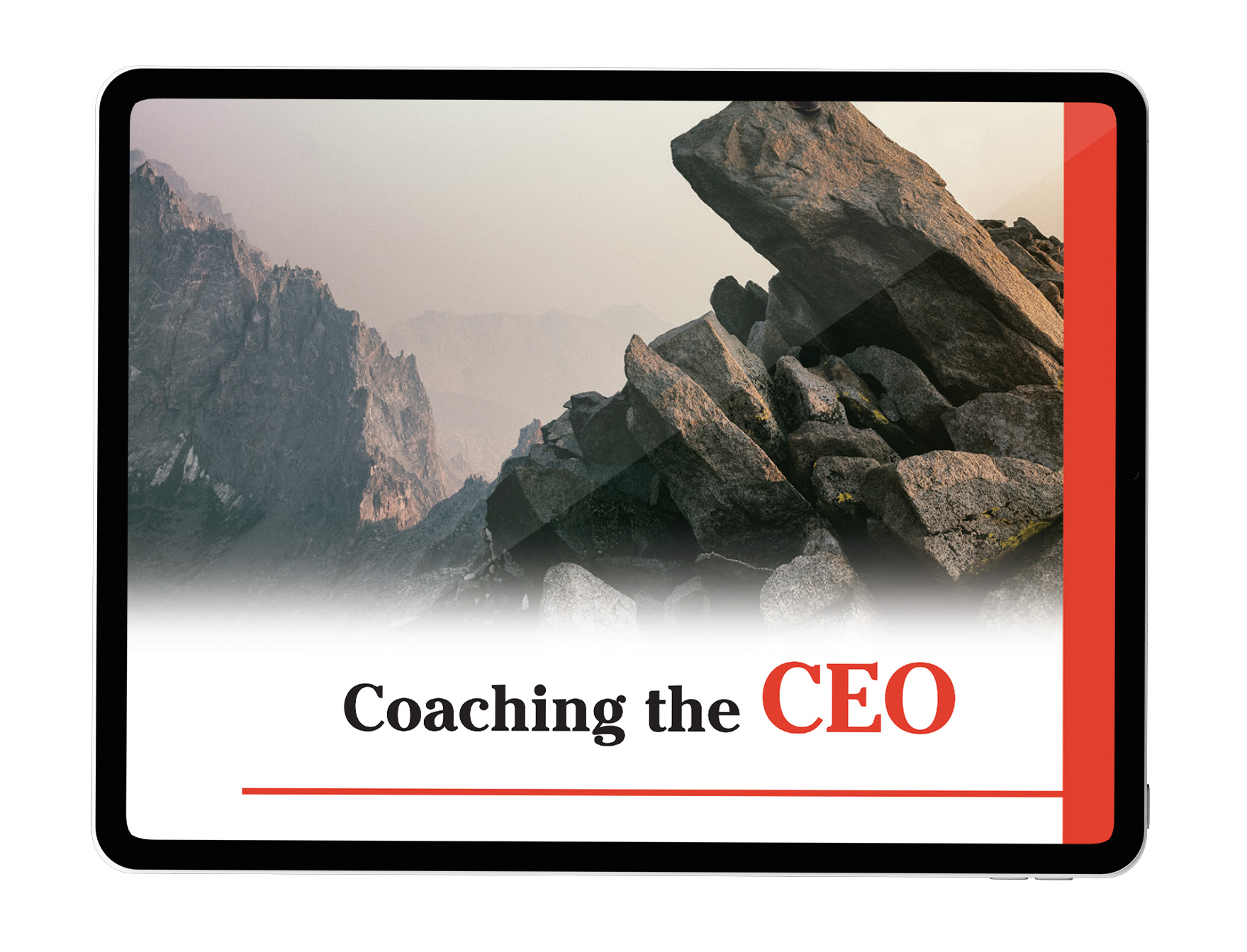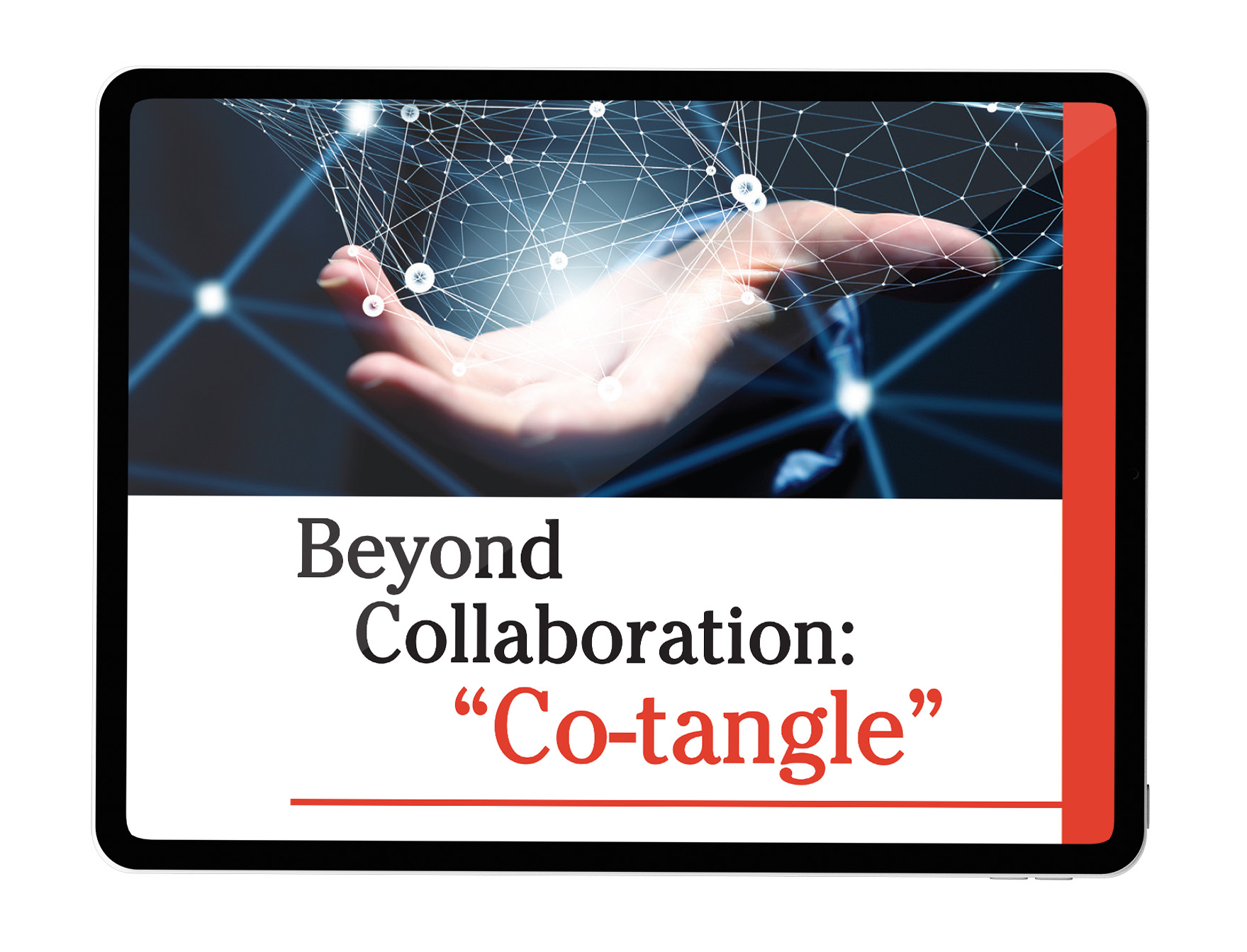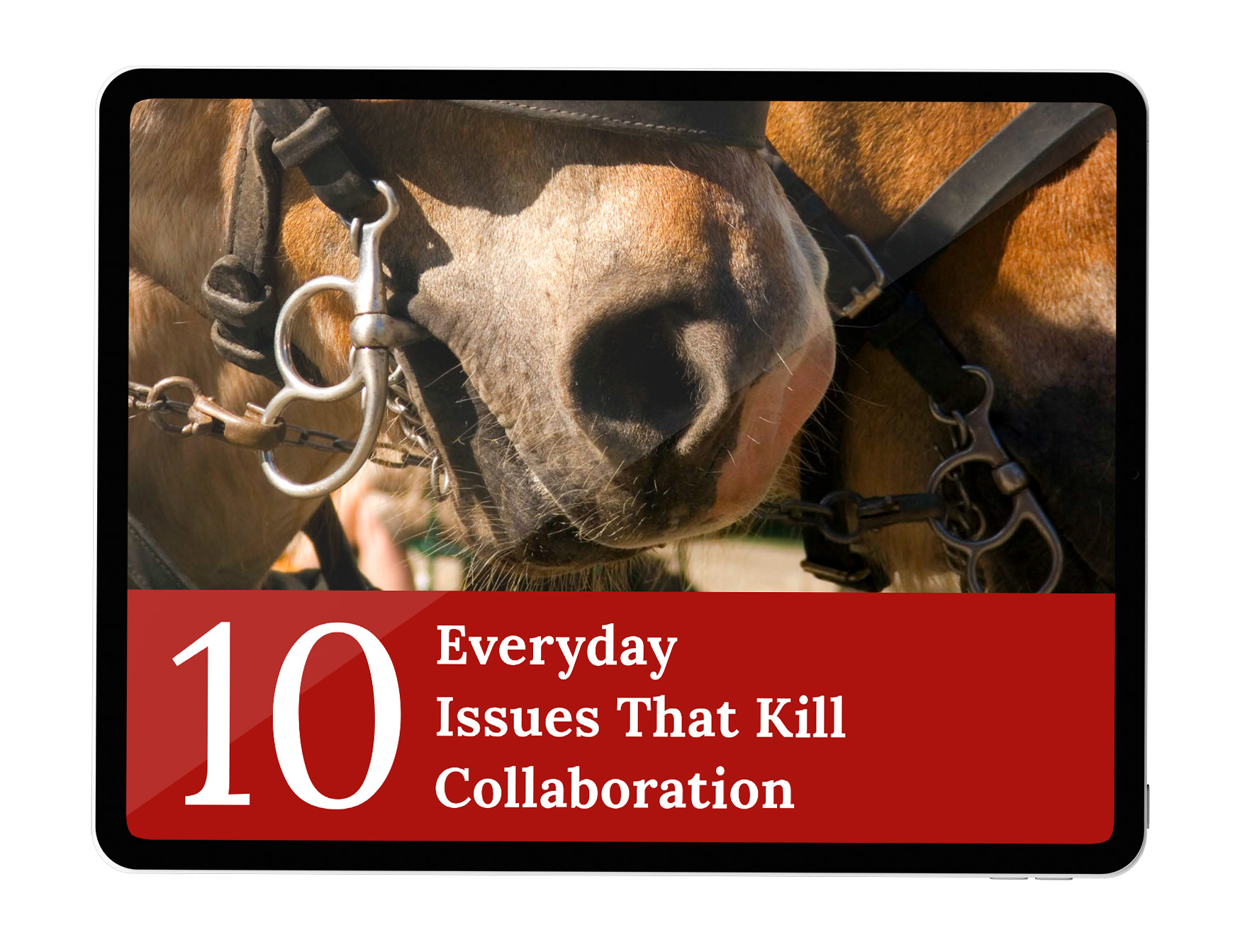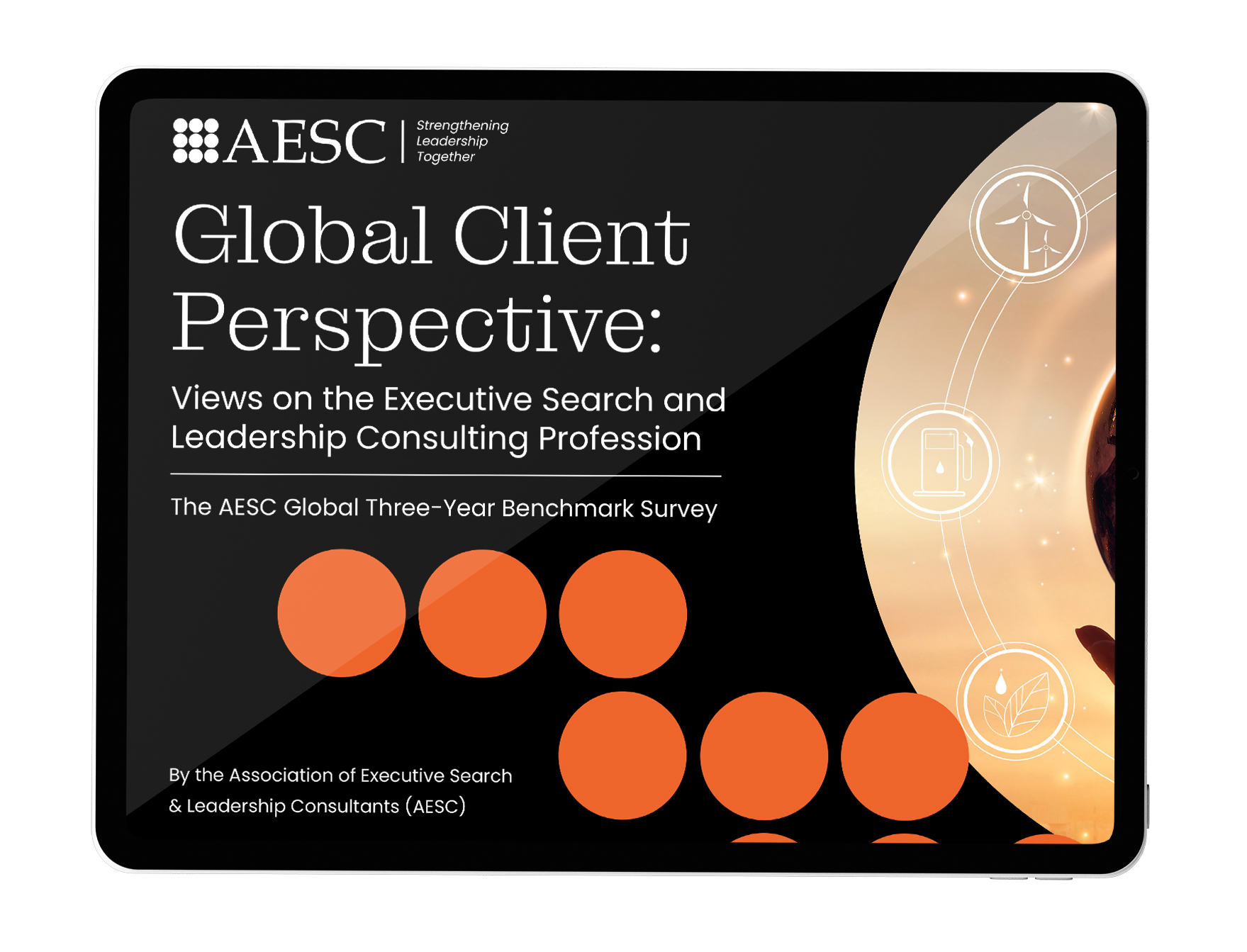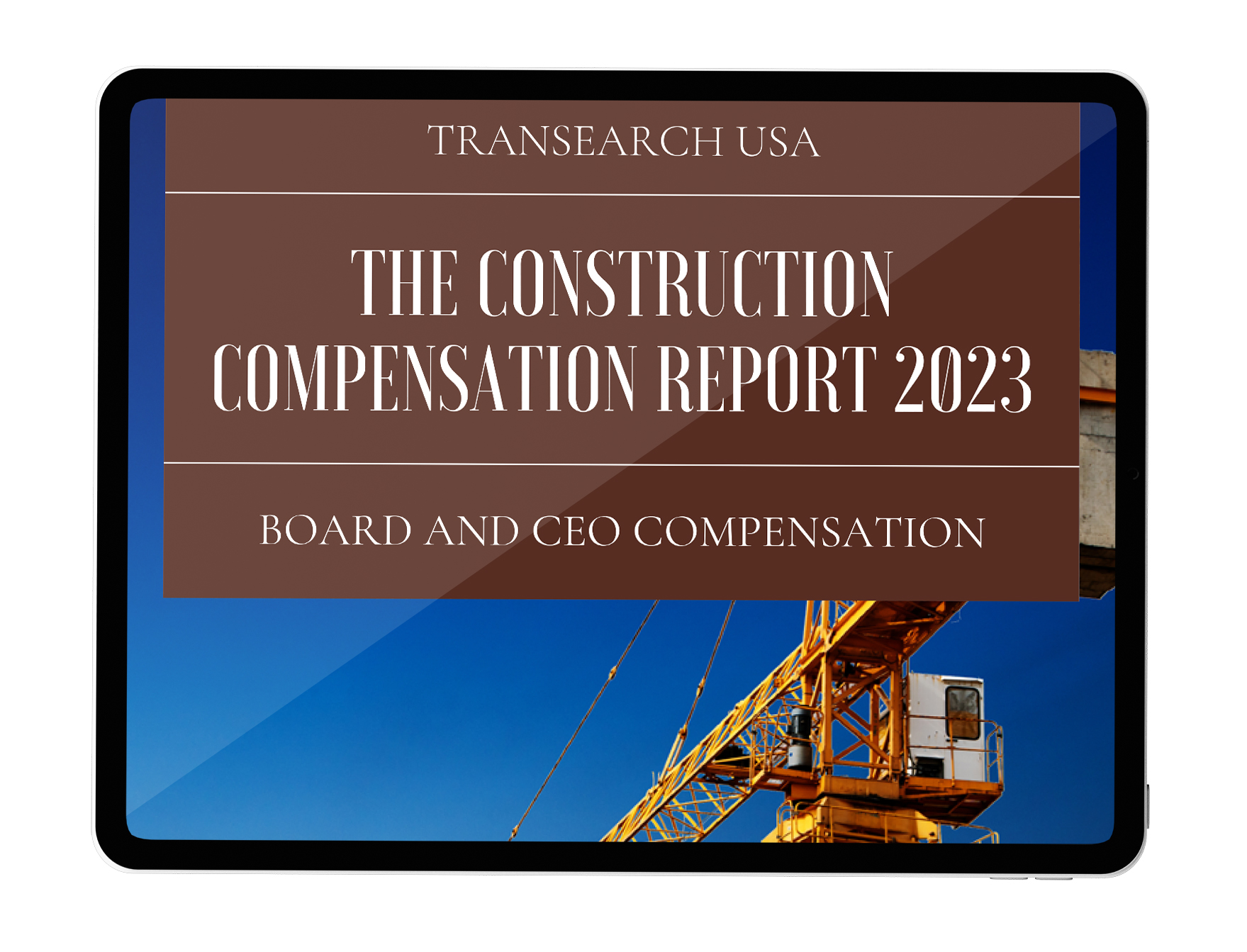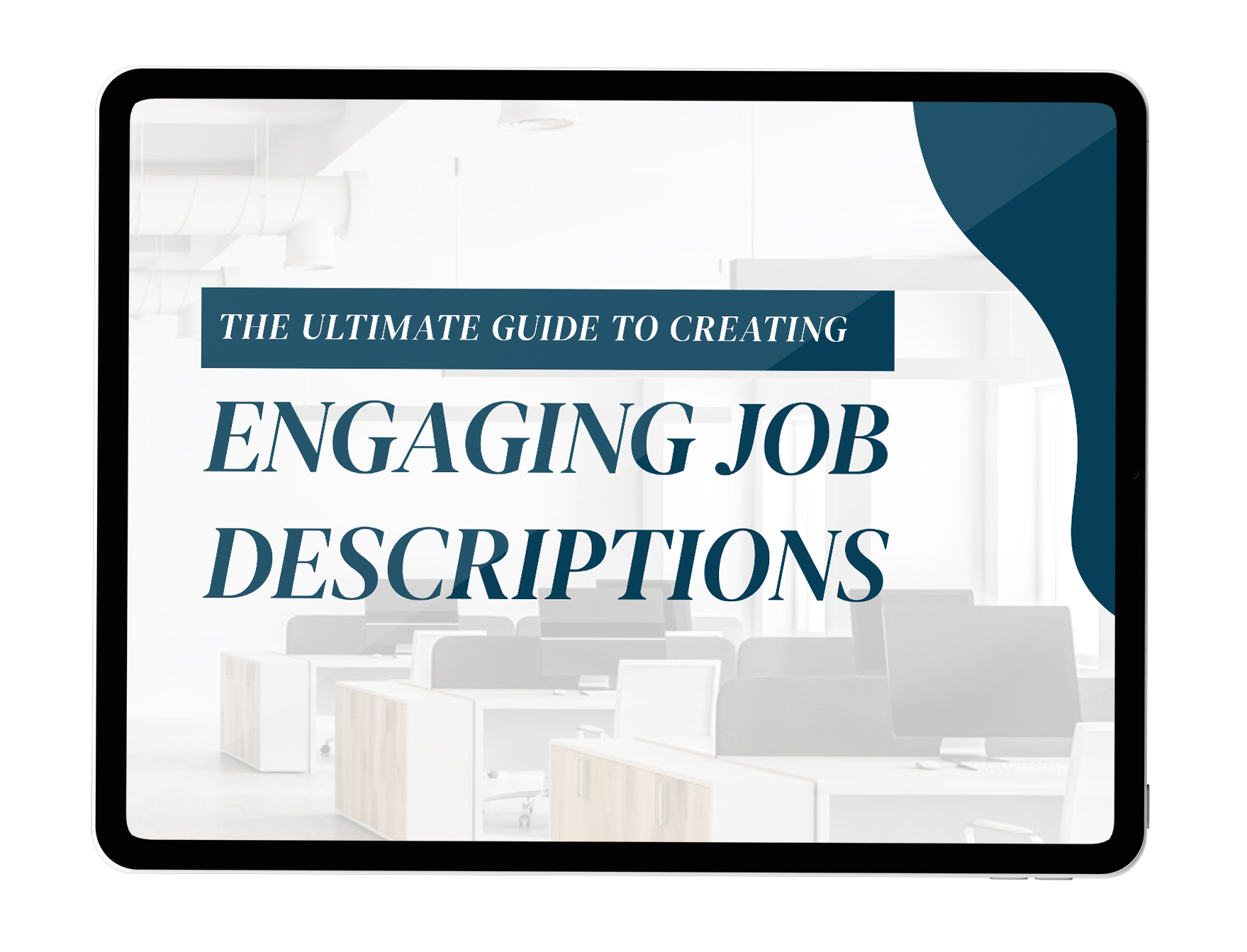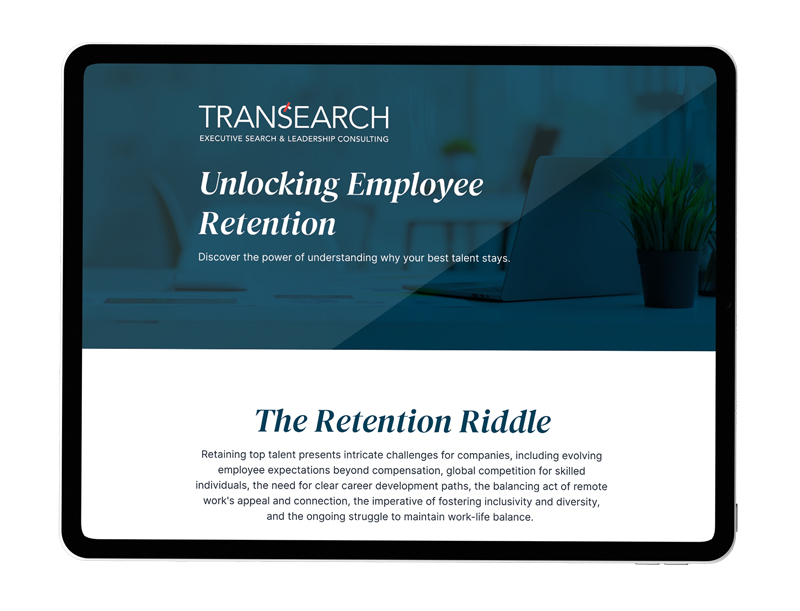After enjoying the comfort and cost savings of working from home, would you rule out a potential job if remote wasn’t an option? Ever struggle logging into a video meeting and then face “technology bias”? How about your employees’ mental health – are you seeing resilience or deepening depression?
These compelling questions and issues, impacting workforces the world over right now, were explored recently during TRANSEARCH’s Executive Human Resources Virtual Roundtable.
More than 20 senior HR professionals from major corporations, including Baxter, GE, Du Pont and The Haskell Company, participated in the interactive virtual session, co-hosted by TRANSEARCH Managing Directors Chris Swan and John Ryan, and Vanessa Ruda of event co-sponsor RHR International.
The following are key themes that emerged and some useful guidance for HR professionals.
Tackling Mental Health in the Virtual World
Our roundtable spent significant time discussing mental health, mainly since there is a mountain of research detailing the adverse emotional impacts of remote work. One study found 45% of Americans feel less healthy mentally while working from home. With tens of millions of people continuing to work remotely, isolation, low morale, substance abuse, as well as depression and anxiety continue to be issues. HR leaders and all organization leaders need to play their part in addressing these challenges head-on. TRANSEARCH will be speaking with experts and exploring solutions in subsequent articles. For some general guidance:
- Encourage your teams to make use of Employee Assistance Programs
- Arrange physical and mental health virtual wellness workshops
- Focus on employee flexibility and drawing a distinct line between personal and work time at home
- Organizations must be proactive and committed to emotional well-being initiatives
Versatile Hiring: Video Interviews
The explosion of video applications during Covid, such as Zoom and Microsoft Teams, has made video interviews efficient and effective, according to the majority of our participants. Some said the absence of in-person interviews requires digging a little deeper to see if there is a good cultural fit, but overall, the year-long tech transition has been relatively smooth and is here to stay. A number of the HR leaders noted when they see their boss’ family or a dog running around during a video call, these informal moments are endearing and contribute to humanizing leaders. There was also a sentiment that video meetings empower and nurture ‘greater equality,’ with more people having the opportunity to voice their views.
However, several participants said they have experienced some “technology bias,” whereby people who struggle with technology in interviews or meetings are negatively judged. If they can’t log into a meeting, for example, they potentially risk missing out on important company matters. To avoid this issue, remember that tech glitches happen, and we must be mindful not to pan someone for something that’s out of their control and doesn’t speak to their competencies. Plus, before a candidate’s video interview, executive recruiters should double-check that everyone’s technology is working.
Virtual Integration and Onboarding
Virtual integration and onboarding is still a work in progress, according to the HR leaders. After all, you can’t quite replicate lunch with the manager or in-person meet and greets remotely. That’s why the panel emphasized going the extra mile. Leverage virtual technology so more people meet new hires. Ensure the entire onboarding process is more defined and deliberate, with regular check-ins and a formal onboarding plan. And since you can’t do lunch, new hires would surely love it if you sent them a meal at home or shipped them some snazzy company swag.
Compensation: Remote vs. Onsite Location
We’ve all heard phrases like Silicon Valley salaries and Wall Street pay. In a nutshell, they mean compensation is tied to working in a particular geographic location, which in these cases translates into higher salaries. However, with the dramatic emergence of remote-work, this topic turned into a constructive debate for our panel. We discussed whether a person with C-suite level skills and responsibilities who works at home in Cedar Rapids, where the cost of living is much lower, should still receive a comparable salary to their workmates in San Francisco. While we did not arrive at a consensus, we can definitively say the issue must be on the radars of HR professionals, executives and employees everywhere.
Covid Corporate Culture
Covid has forever altered the corporate culture and set us on a transformative path to the future. From the impact of large remote workforces, to fostering relationships with team members you may never meet, to embedding flexibility and compassion into the very fiber of your company culture, these changes are here to stay. As roundtable participant Ed Baldwin, Mikron’s HR Director for People & Culture noted, the proverbial “lid has been ripped off and there is no going back.”
Vaccination
Participants pointed out there is some confusion about policy, guidelines and requirements related to the vaccine. For instance, there may be legal issues if an employee does not want to receive a vaccine. Or once vaccine administration is widespread, will companies be required to pay for employee’s time off to receive it?
From shifting workforce cultures to profound compensation considerations, one thing is for sure – the role of HR leaders will be increasingly complex and demanding. Fortunately, virtual HR roundtables are an excellent forum to listen, watch and learn!
TRANSEARCH is planning our next virtual roundtable for June. For more information, please contact Bridget Papanicholas at [email protected] or 773.550.1668.













